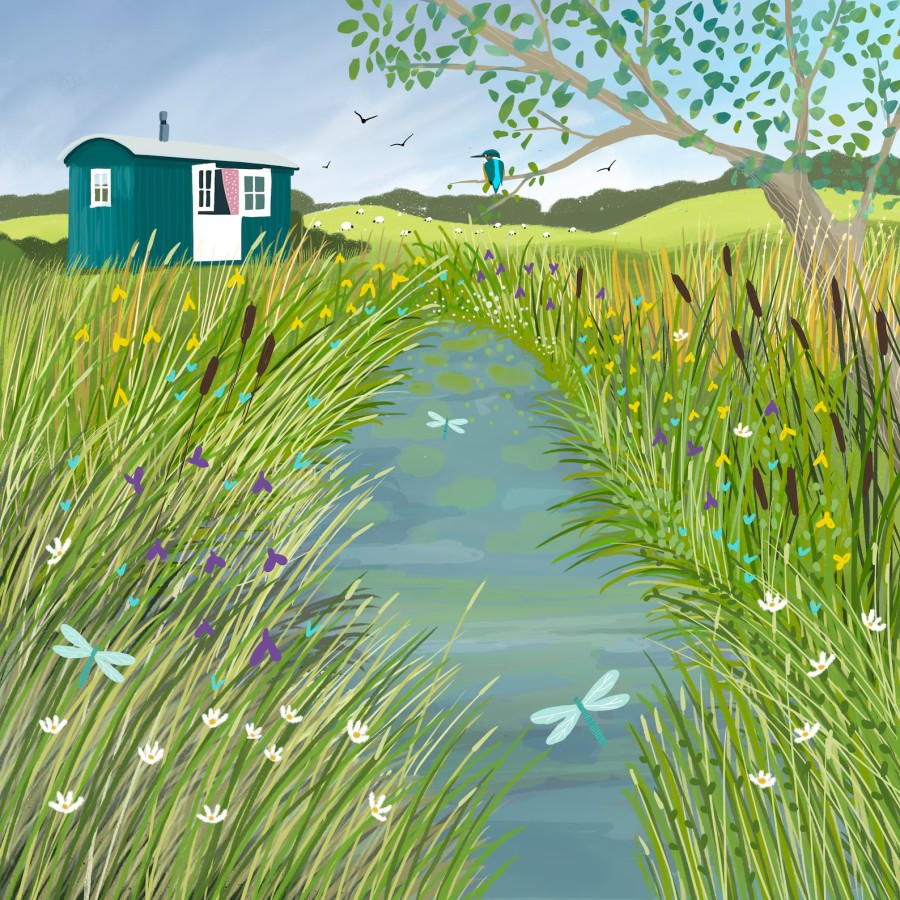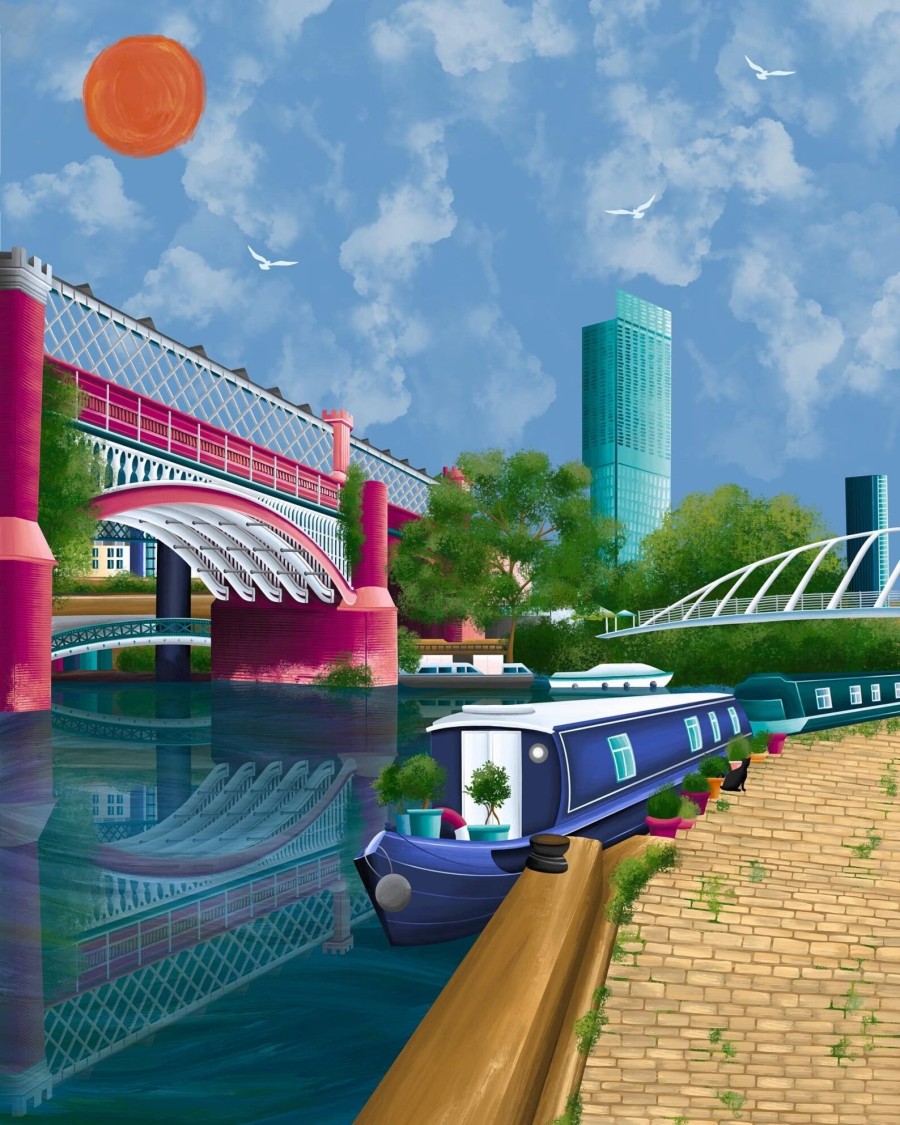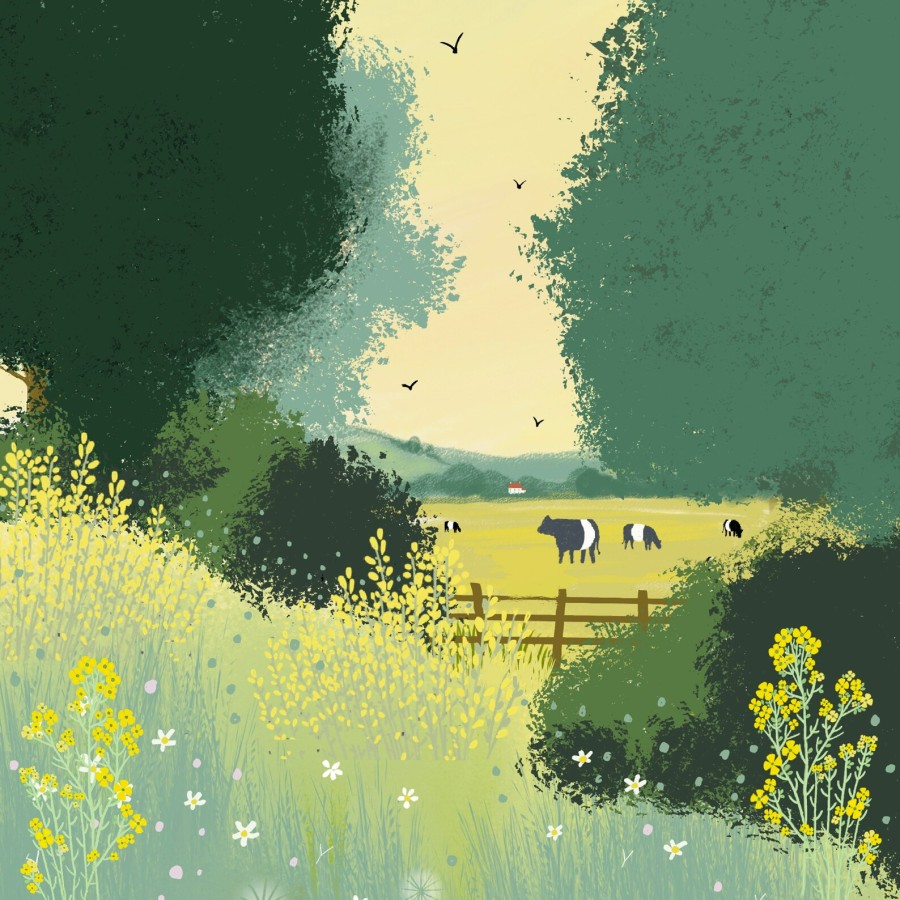
Ecological writer Satish Kumar once wrote that ‘unless you know Nature, you cannot love her’. Likewise, if we wish to protect England’s green and pleasant land, it’s important to get to know why. People who drop fast food litter, pollute our seas with oil and hunt our precious wildlife, obviously were never taught all about why our land is so beautiful and precious.
Nottinghamshire is the most northerly of all the East Midland counties. The city of Nottingham is home to ‘Little John’ (a clock with a bell that’s Big Ben’s little brother!) Weighing over 10 tons, it can be heard over 7 miles away as it chimes the day in.
home to Robin Hood (and his merry men)
This county is home to Sherwood Forest (home to 200 species of spiders and 1500 species of beetles), where Robin Hood and his merry men would hide, when not stealing from the rich to give to the poor (today it appears the other way around). Their main hiding place was near Major Oak, a tree that has survived fire, snowstorms and deforestation but still stands (albeit with scaffolding to hold his giant arms up!) for 800 to 1000 years. A happy story, compared to Johnson’s government allowing the felling of England’s second-oldest pear tree in Warwickshire, to make way for the HS2 project (which will kill 22,000 wildlife a year, based on comparisons with other high-speed trains abroad).
Did Robin Hood actually exist? There is a grave thought to be his, but there are also myths and legends. It’s known that he went to Mass (so likely was a Catholic) and Lincolnshire Cathedral manuscript writes ‘Robyn hode in scherewode stod’ (which magazine Beano translates as ‘old-timey for ‘Robin Hood in Sherwood Stood’). He was by all accounts affluent, and tried to stop the greedy works of the Sheriff of Nottingham. That’s the old version, not today’s Sheriff of Nottingham, who looks like a lovely lady (her job is to help everyone get on and welcome visitors to the city).
the first branch of Boots the Chemist
Nottingham is the home of Boots, the chemist store chain that appears now on every high street. John Boot was an agricultural worker who opened a herbal store for people without financial means, and when he died, his family would travel the country to collect herbs. This sounds more like Italian herboristas, lovely little shops that tend to appear in every town and village, with trained shopkeepers advising on herbal remedies (more qualified than people in say Holland & Barratt). We could do with the same over here, rather than modern-day Boots which just sells all kinds of rubbish, and has a low score rating at Ethical Consumer.






